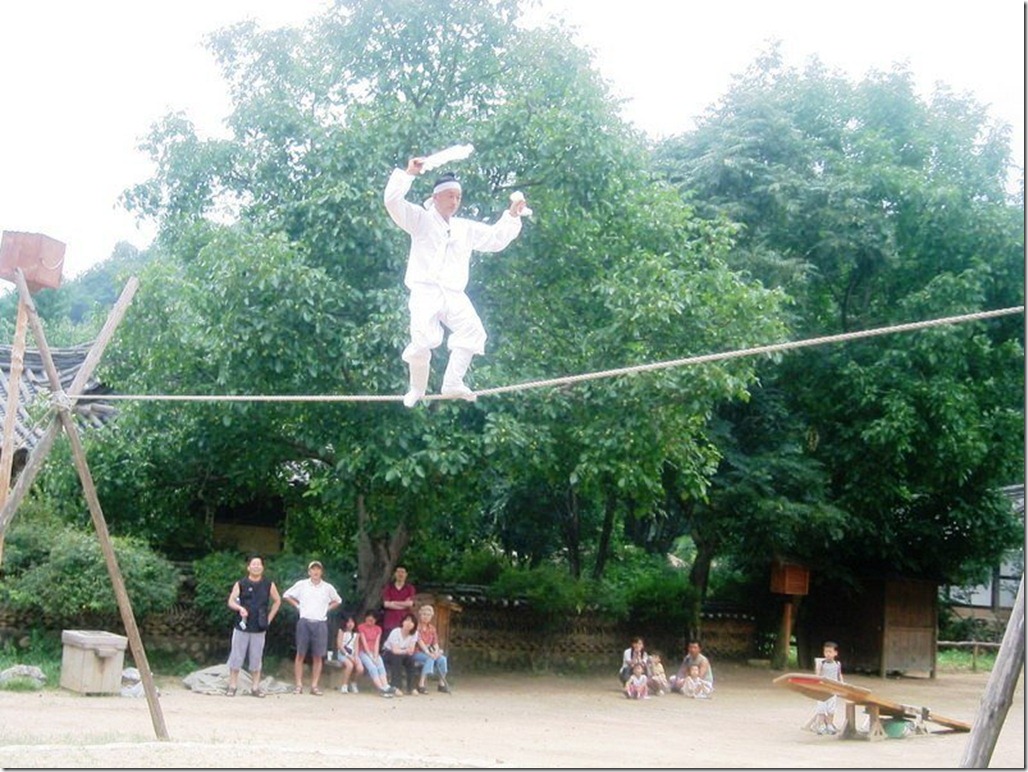The Christmas Dilemma
I never know what to buy people for Christmas. It’s just two weeks until Christmas, and I still don’t know what to buy for a couple of family members. Sure, I could always get them a gift card from their favorite store, but what’s the fun in that? Sometimes it’s easy enough to figure what to buy people. However, sometimes I can’t figure out what they need or want at a reasonable price. How many small ticket items do people need? Can’t I just buy them one really expensive gift and let that be their for the next six Christmases?
Christmas may be losing its meaning amidst all the commercialism. The frantic search for the perfect gift, the muddling through the crowds at the mall, or the quick online purchase definitely do not define the meaning of Christmas. Christmas has become overly materialistic and sanitized. It has been adopted as a national holiday and is observed by people throughout the world who are not Christian. The focus of Christmas has increasingly shifted towards Santa and what gifts he’ll bring, about families reuniting, about expressing love through a purchased product, and goodwill towards men. While these are good and noble endeavors, they overshadow Christmas’ true meaning. Christmas is a birthday celebration for Jesus, a carpenter from the Galilee region born about 4 B.C. It’s been said that his actual birthday would have been in April based on the timing Roman Census that required his parents to journey from Nazareth to Bethlehem prior to his birth. That would mean Jesus’ actual birthday would be sometime around Easter. If Christmas is replaced by Xmas or Winter Break or Happy Holiday then perhaps the observance of Jesus’ birthday should be moved to a day closer to the actual day of his birth. This would reassert the meaning of the holiday without all the commercialistic trappings of Christmas. The date of Christmas has much to do with the ancient Druid celebration of Winter Solstice. Moving the date celebrating Jesus’ birth would put it more in line with celebrating it on the actual date of his birth.













